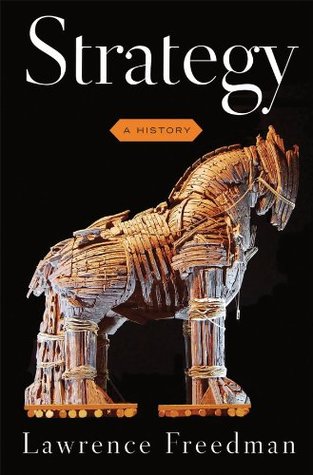AT THE START of the twentieth century, the military historian Hans Delbrück argued that all military strategy could be divided into two basic forms. The first, conforming to the majority view of the day was Niederwerfungsstrategie, the strategy of annihilation, which demanded a decisive battle to eliminate the enemy’s army. The second drew on Clausewitz’s note of 1827 which recognized the possibility for another type of war when the available military means could not deliver a decisive battle.1 This Delbrück described as Ermattungsstrategie, the strategy of exhaustion, sometimes translated as
...more
Welcome back. Just a moment while we sign you in to your Goodreads account.


